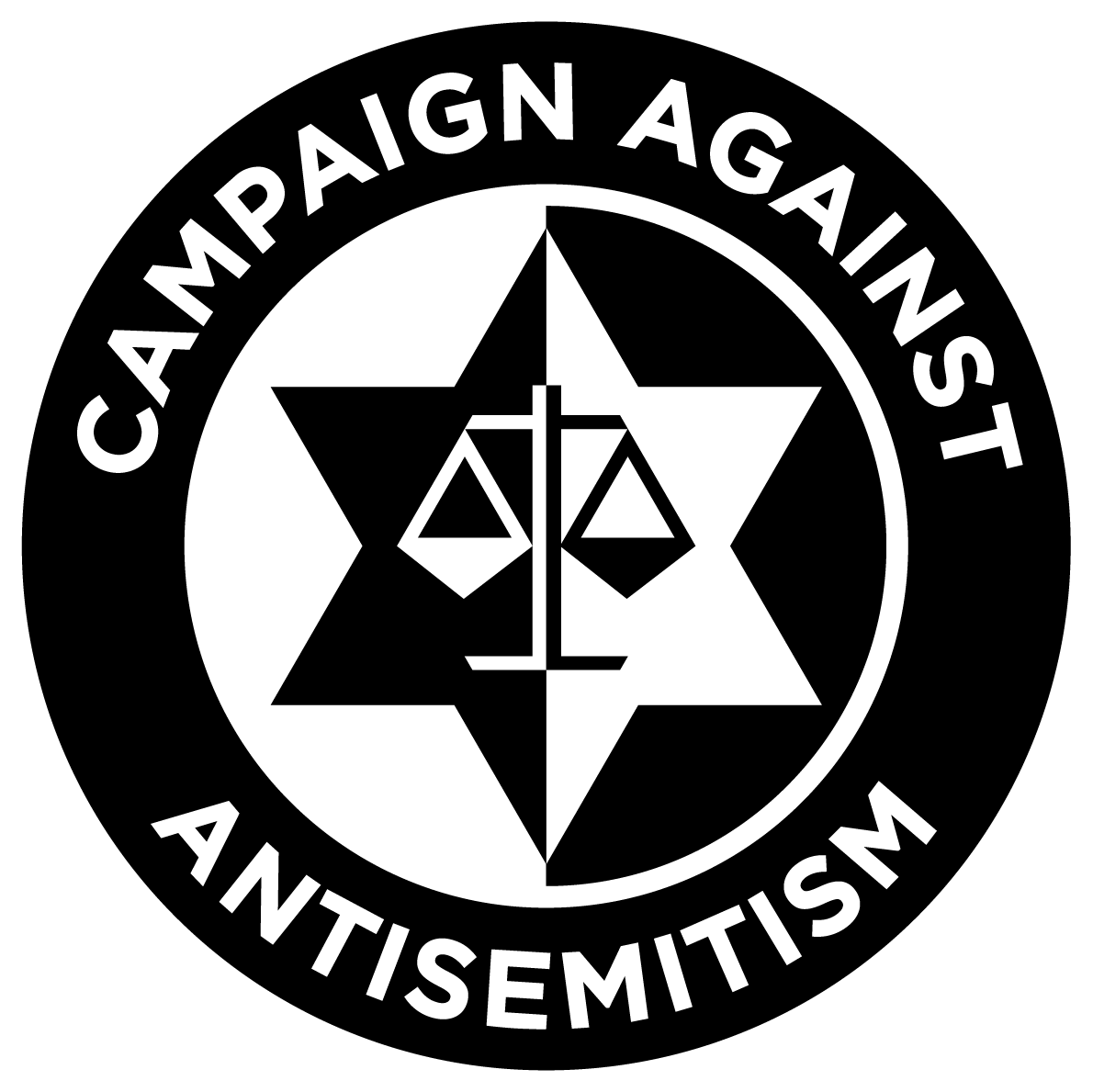Ofcom says BBC documentary on Gaza was “serious breach” of broadcasting rules
Ofcom has ruled that the BBC committed a “serious breach” of broadcasting rules after it failed to disclose that the narrator of its Gaza documentary was the son of a Hamas official.
The regulator found that the programme, which was broadcast earlier this year, was “materially misleading” and that this failure “had the potential to erode the significantly high levels of trust that audiences would have placed in a BBC factual programme about the Israel-Gaza war.”
The BBC will be required to broadcast a statement about Ofcom’s finding in a prime-time slot.
The BBC previously published its own long-awaited report into its decision to broadcast and then take down a documentary purportedly about children’s lives in Gaza. The film was removed from iPlayer after it was revealed that its thirteen-year-old narrator was the son of a Hamas official.
In February, the BBC apologised after an interim report identified “serious flaws” in the making of Gaza: How to Survive a War Zone, which was made for the BBC by production company Hoyo Films.
This report, which sheds little additional light, has been led by Peter Johnston, the BBC’s Director of Editorial Complaints and Reviews, which is reportedly independent of BBC News and reports directly to Director General Tim Davie.
In February, BBC Two broadcast a documentary called ‘Gaza: How to Survive a Warzone’. It was directed by Yousef Hammash and Jamie Roberts and purported to follow the lives of four young people during the current Hamas-Israel war in the Strip. It was found that the narrator of the film was the son of a senior Hamas official.
Only days later, the BBC provided a stage for stomach-churning claims from the very same antisemitic genocidal group. As Jews across the world watched Ariel and Kfir Bibas – an infant child and a baby who were murdered in cold blood in Gaza – being returned in coffins on our screens, the BBC led its updates with the headline: “Hamas says it did ‘everything in its power’ to keep hostages alive.”
Campaign Against Antisemitism organised two protests at Broadcasting House, where we called for the BBC to stop whitewashing terrorism and stop serving as spokespeople for Hamas. The second protest was organised following the BBC’s admission of “serious flaws” relating to the documentary, and confirmation that licence fee payers’ money was handed to the family of the senior Hamas official.
We also launched a campaign across national newspapers, calling for the suspension of the licence fee, pending an independent investigation. Our petition making that demand has received tens of thousands of signatures.
In March, BBC Chair Dr Samir Shah admitted to the Culture, Media and Sport Committee that “There’s a dagger to the heart of the BBC’s claim to be impartial and to be trustworthy.” Director General Tim Davie admitted that there was a “serious failing” but still insisted: “We’re the most trusted brand in the world.”
After the BBC released its report, Ofcom said that it would be conducting its own investigation, which has now concluded with this finding.
92% of British Jews rate the BBC’s coverage of matters of Jewish interest as unfavourable, according to our representatives polling, while 57% of the British public back an independent investigation into the BBC Gaza film scandal; only 21% do not, according to polling commissioned by Campaign Against Antisemitism and conducted by YouGov earlier this year.
A spokesperson for Campaign Against Antisemitism said: “This was not a minor oversight — it was a grave lapse in editorial standards from our national broadcaster, just one of repeated antisemitism scandals that have recently engulfed the BBC, from paying licence fee funds to the family of a Hamas official to having to part ways with Gary Lineker after he posted an antisemitic meme and from refusing to call Hamas terrorists to broadcasting incendiary rhetoric about ‘Zionists’ and calls for death and destruction at Glastonbury.
“We are long past talk of merely restoring trust. The BBC needs fundamental reform. That must begin with an independent investigation into its coverage of Israel and matters of Jewish interest, and pending the outcome of that investigation the licence fee must be suspended.”



